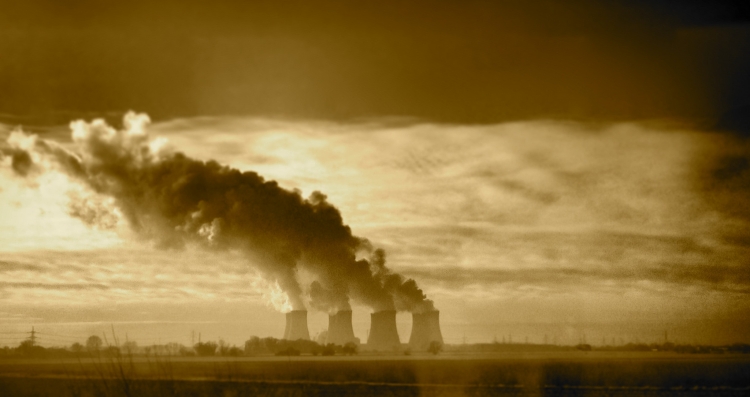A group of 114 companies including major multinationals such as Ikea, Walmart, Dell and Sony have signed up to the Science Based Targets Initiative (SBTI) at the COP21 summit in Paris.
The initiative sets emissions reductions targets based on what scientists claim is necessary to keep global warming below the 2 degrees Celsius threshold, and the total emissions savings from the 114 firms is expected to reach 476 million tonnes of CO2 each year.
The SBTI has been co-developed by the Carbon Disclosure Project, the World Resources Institute, the World Wildlife Fund and UN Global Compact and works alongside companies to set science-based targets which are then approved by the initiative, but only if they meet strict criteria.
Ten companies have had their targets approved by the SBTI. Coca Cola, Dell, Enel, General Mills, Kellogg, NRG Energy, Procter & Gamble, Sony, Thalys and others have committed to reducing 799 million tonnes of CO2 over their respective target lifetimes, which the SBTI said was equivalent to 1.76 billion barrels of oil.
Specific commitments include Kellogg Company pledging to reduce its emissions intensity by 15% by 2020, and energy firm Enel has committed to reduce emissions by 25% per kWh of energy generated by 2020 in comparison to 2007 levels. Enel will also decommission 13GW of fossil fuel generators in Italy as part of a milestone towards becoming carbon neutral by 2050.
Ken Powell, chairman and chief executive at General Mills, said his company recognised the “significant impacts” climate change would have on its business if it was left unaddressed.
“However, we understand that no one company, industry or government will mitigate climate change. It is an urgent and shared global challenge. Real progress toward more sustainable emission levels will require unprecedented collaboration and collective innovation,” Powell added.
Meanwhile Steve Howard, chief sustainability officer at Ikea, lauded his firm’s record of investment in renewables.
“We want to have a positive impact on people and the planet, and that includes going ‘all in’ to tackle climate change. We’ve made good progress in reducing emissions and have invested €1.5 billion in renewable energy since 2009. We’re now setting a science-based target to keep us on track to build a low carbon, better business,” he said.






